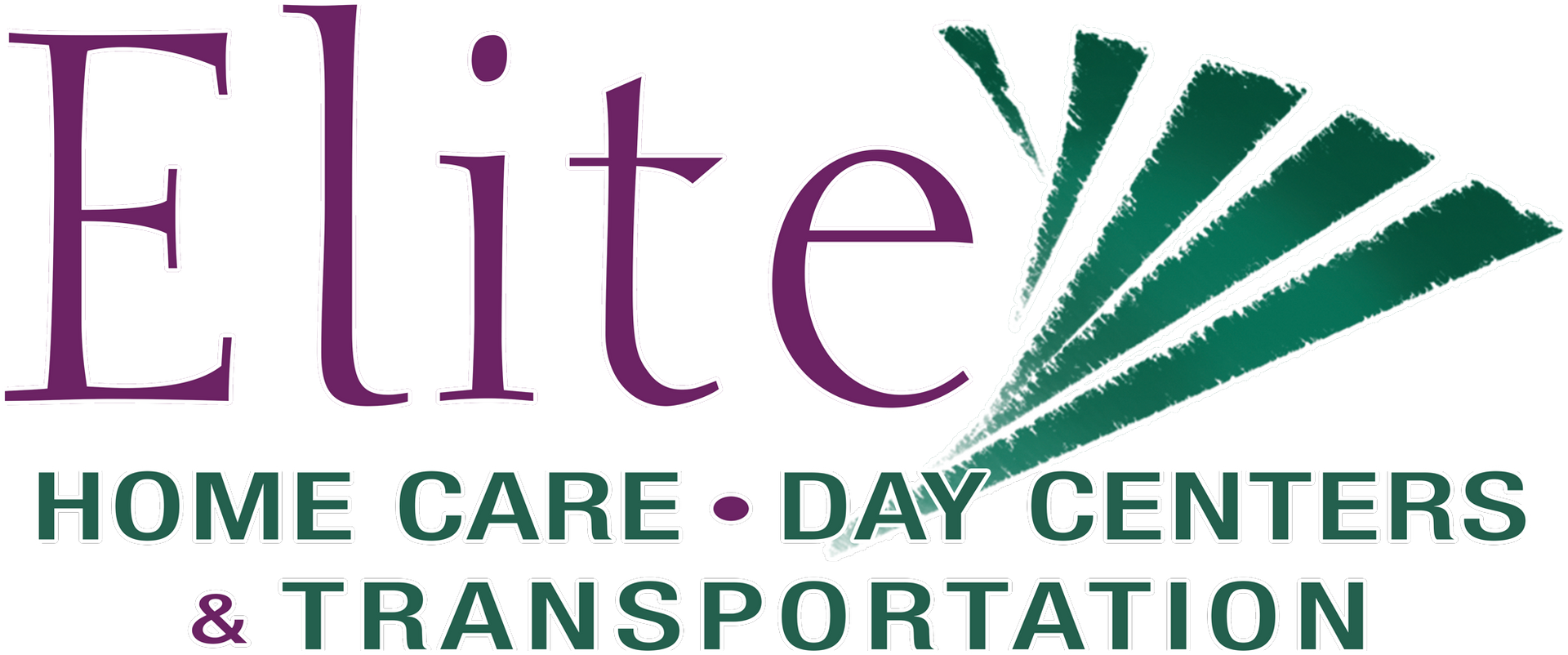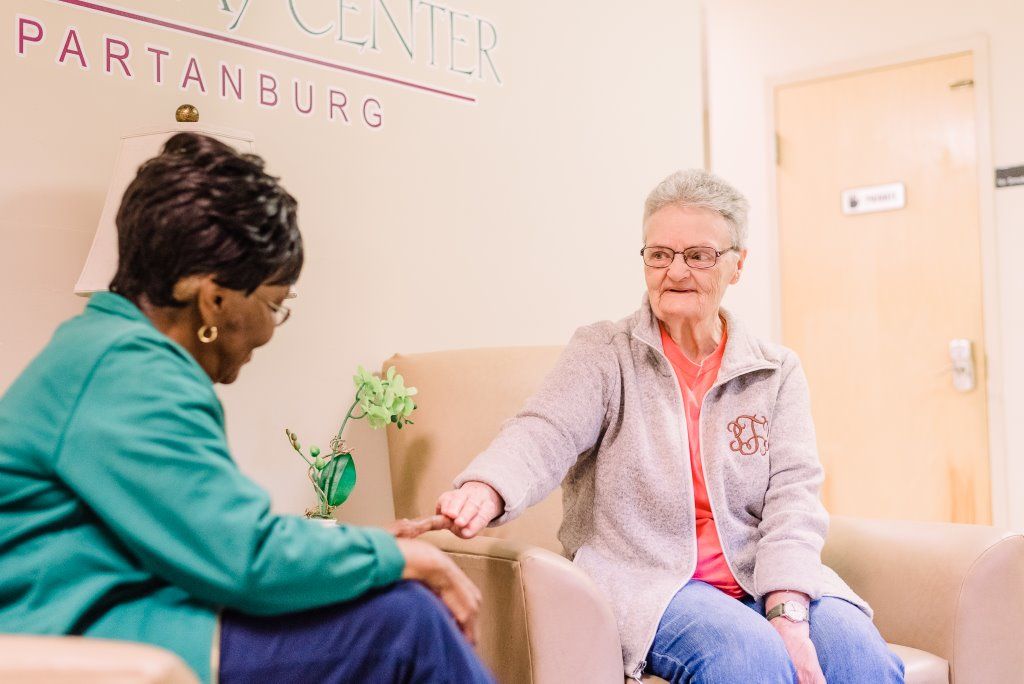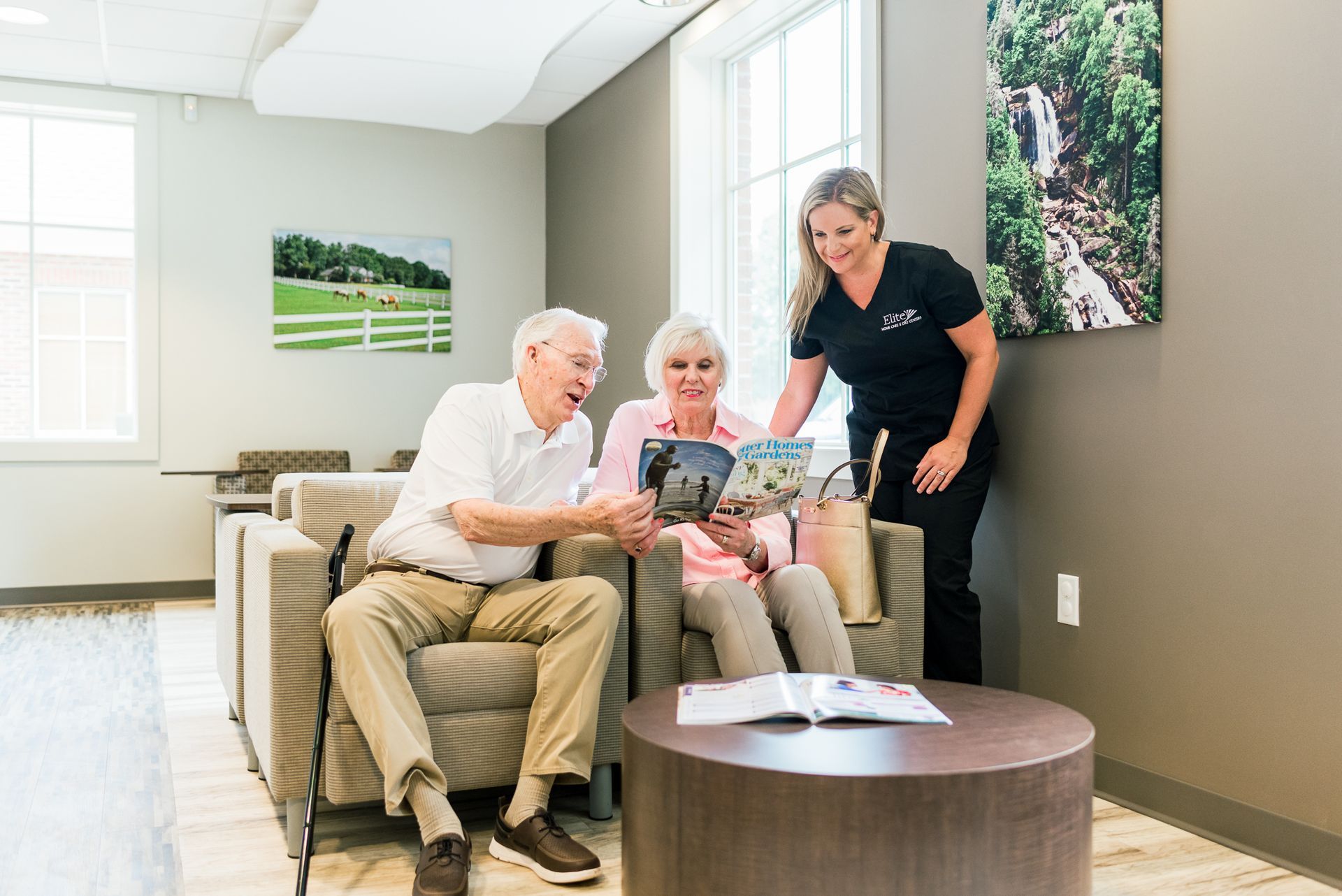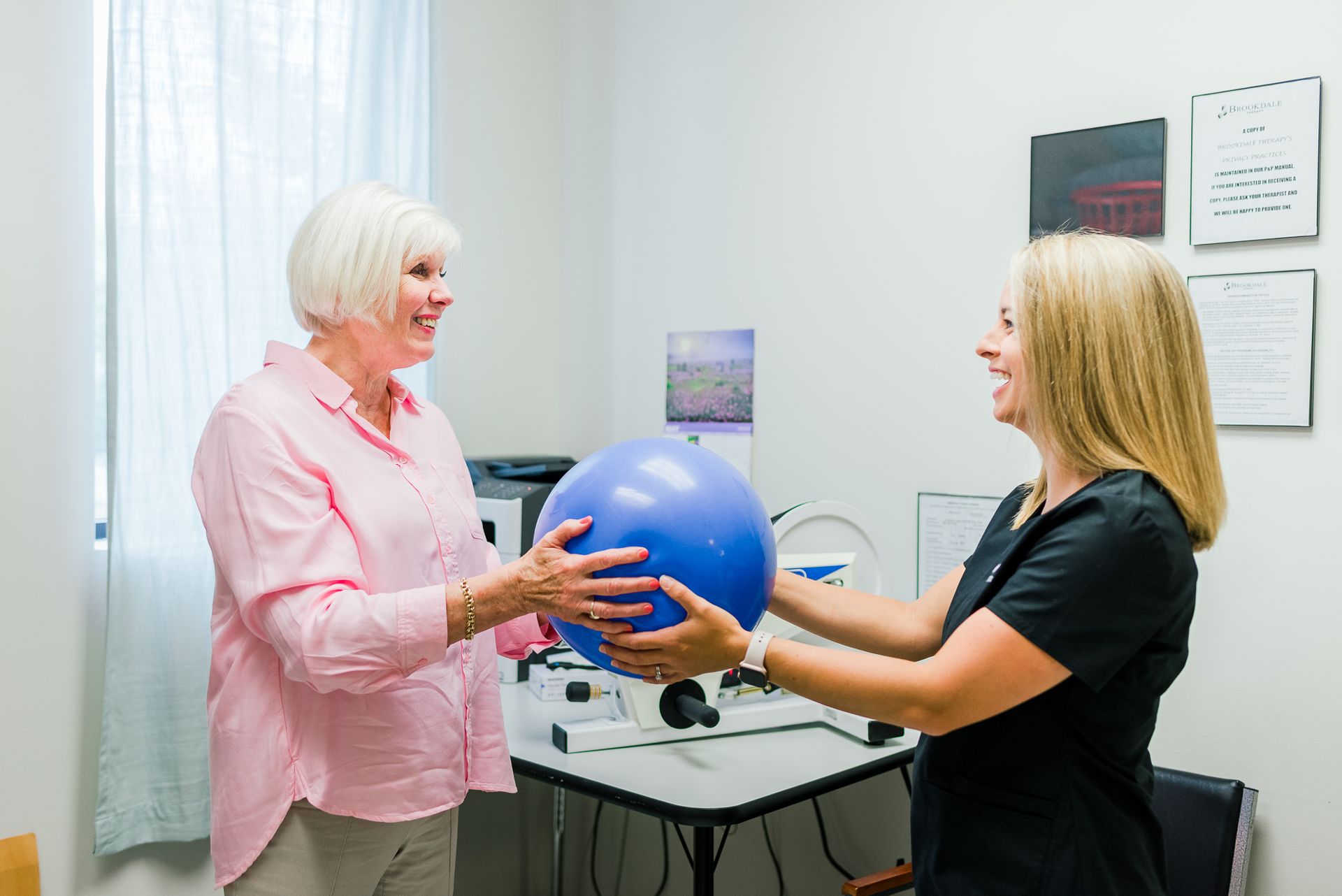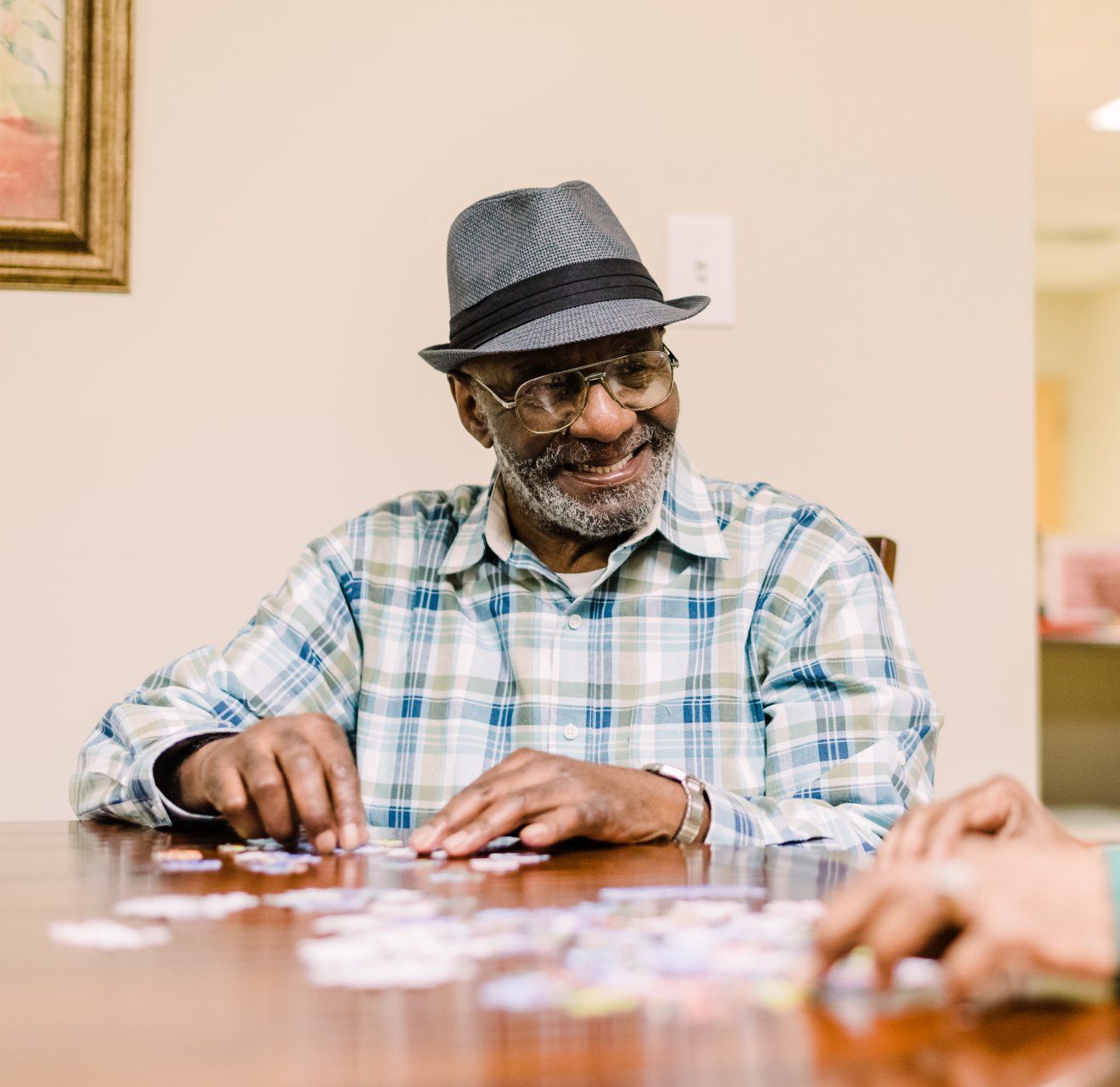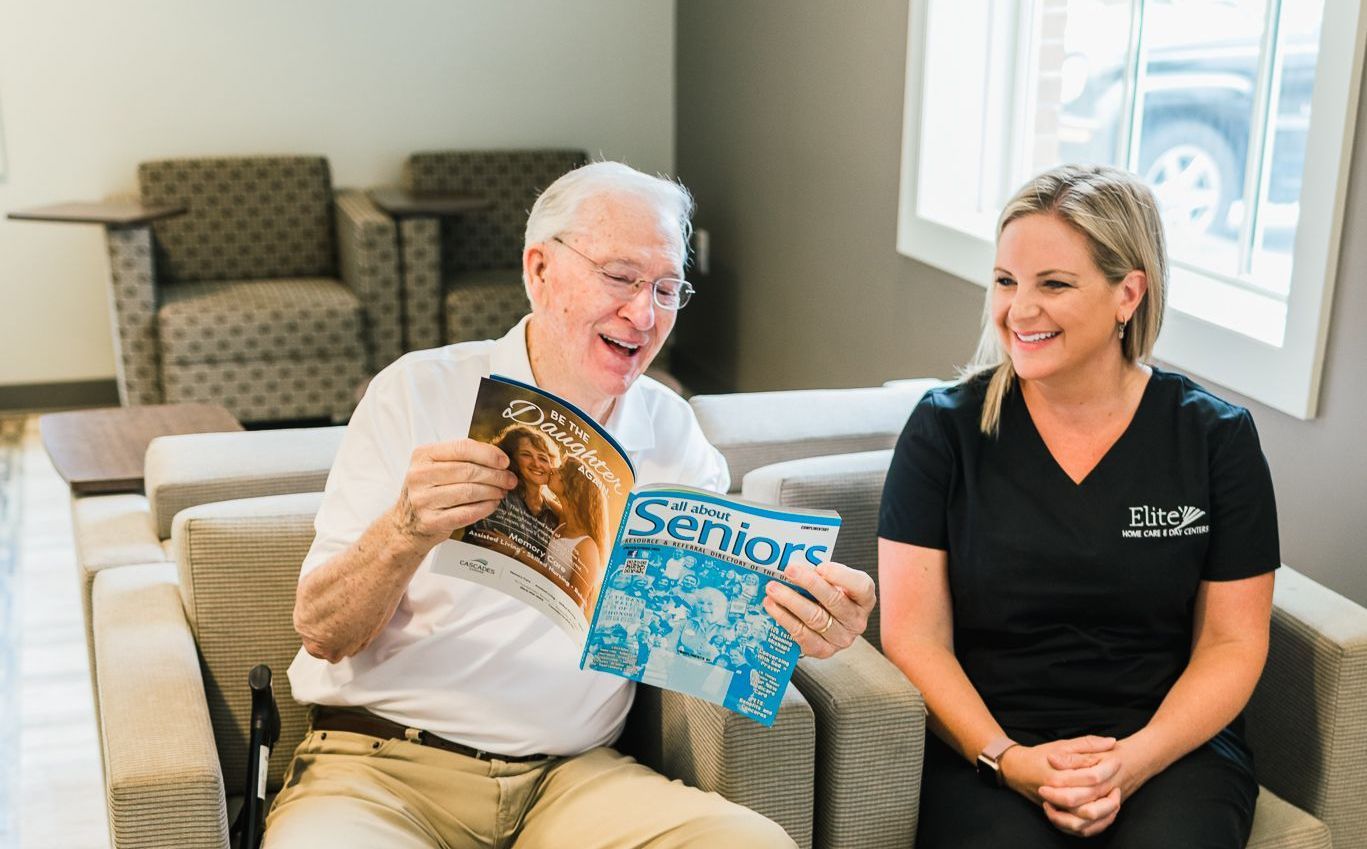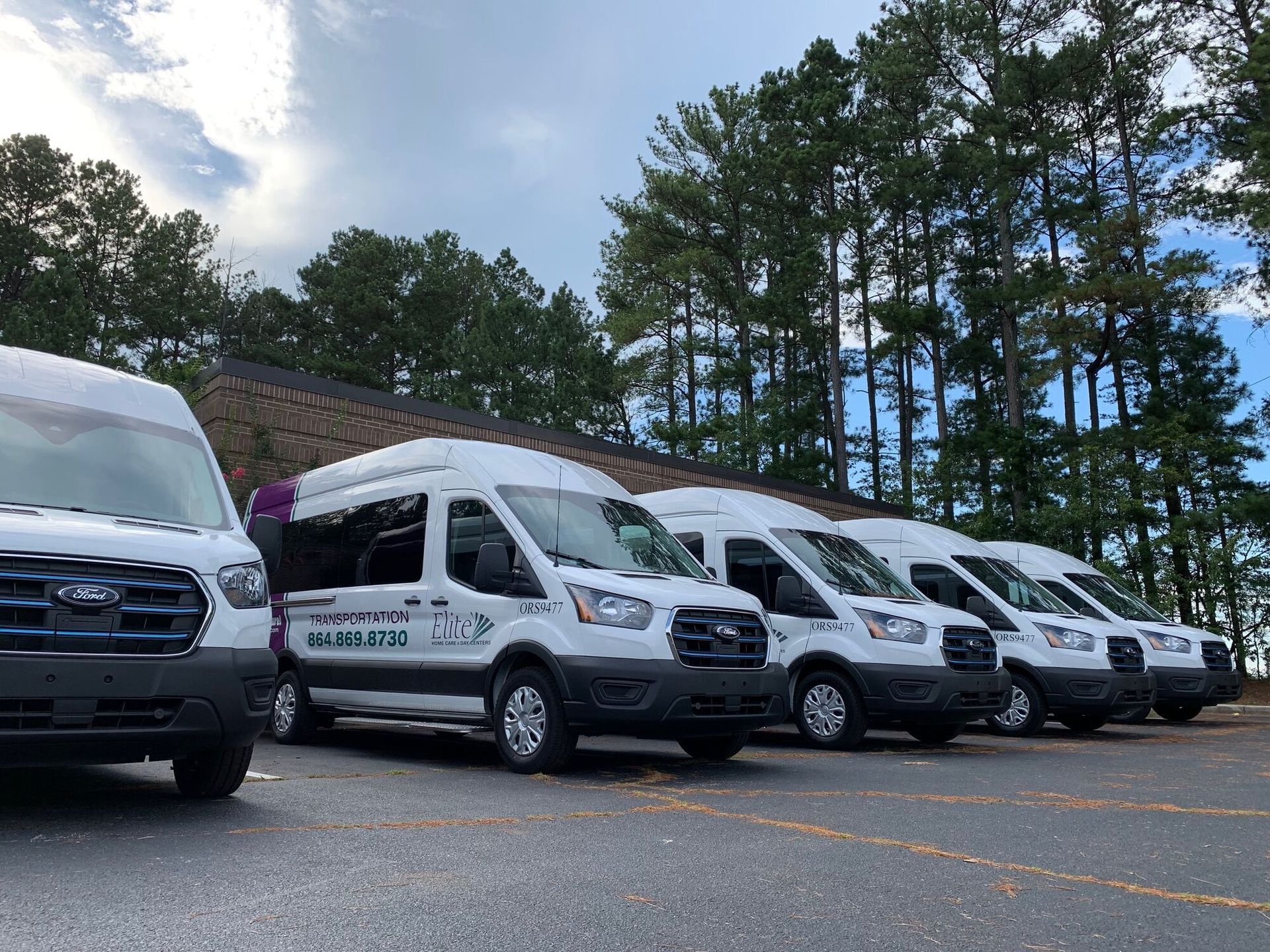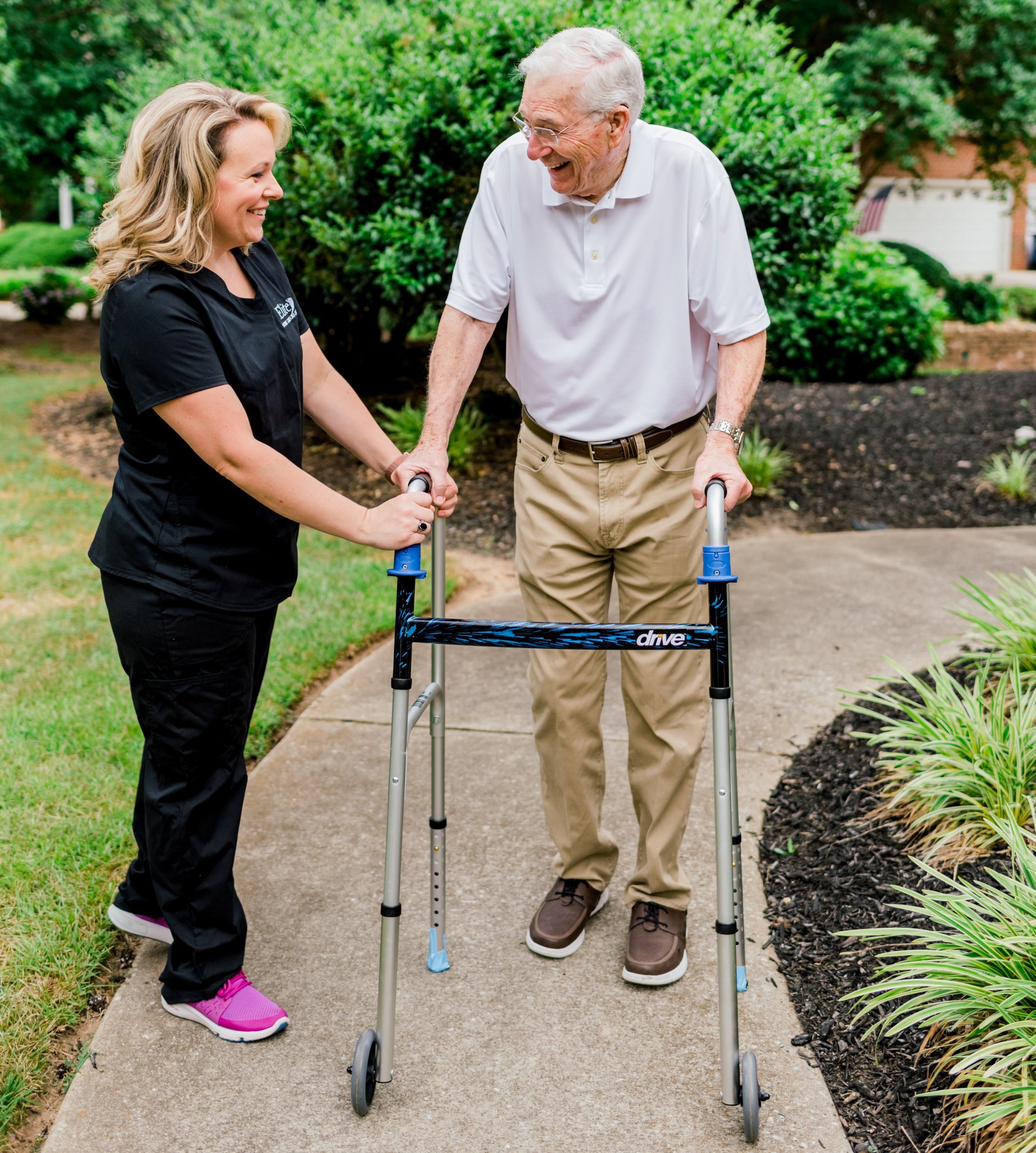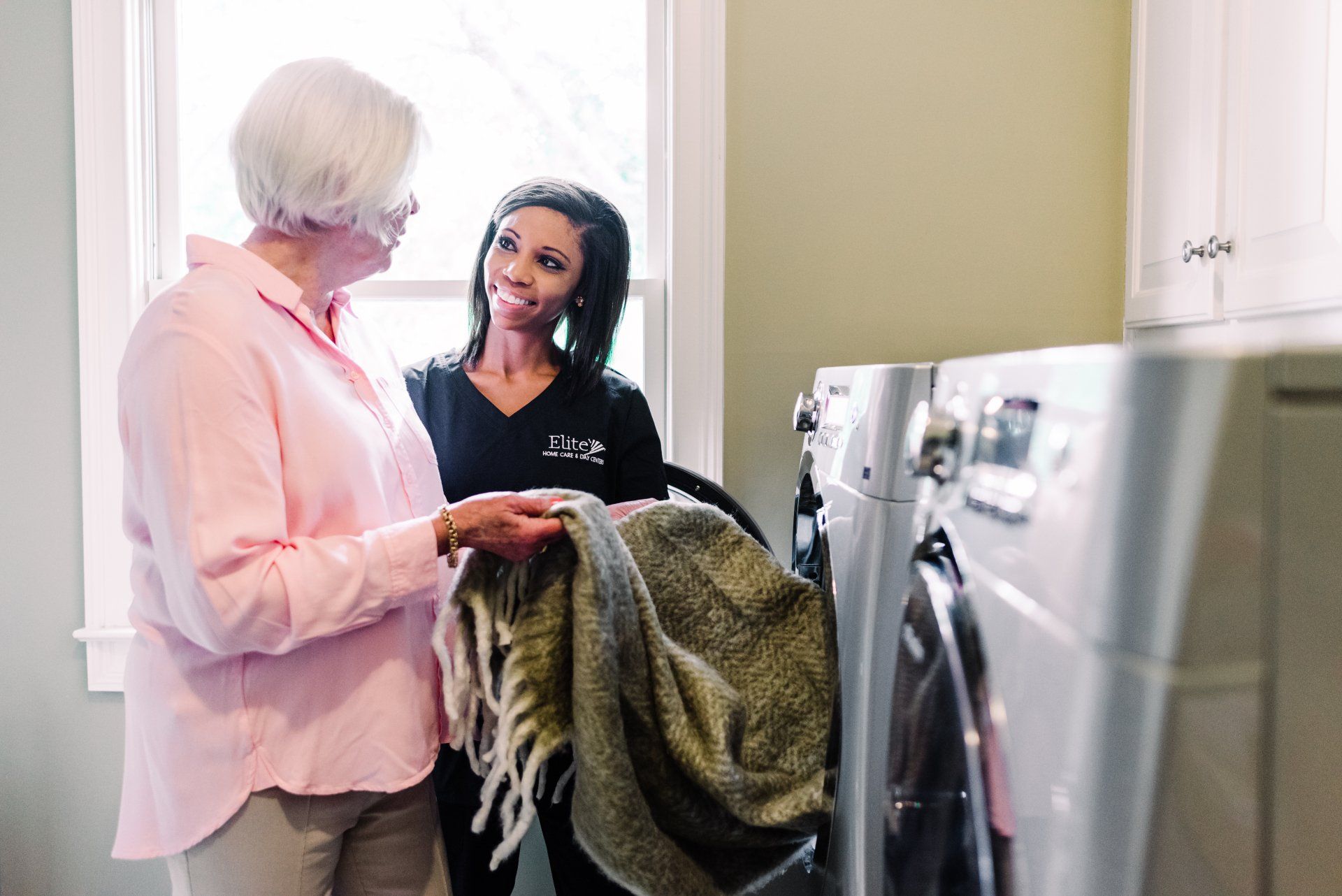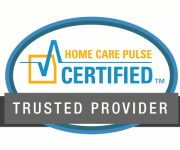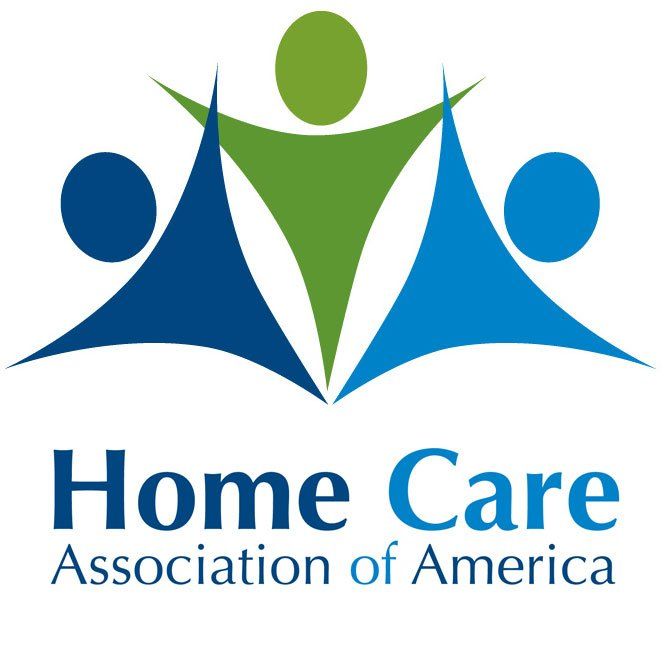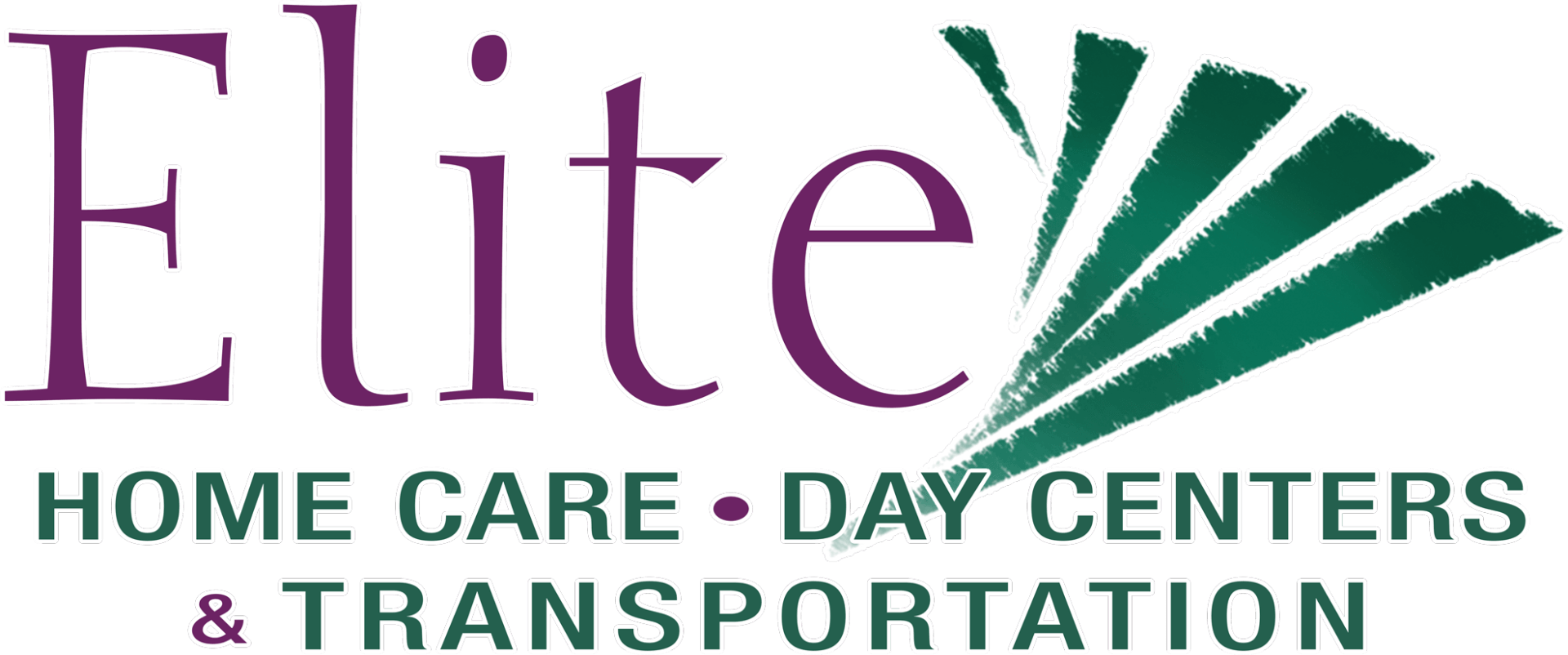Tips for Organizing Your Home and Creating Routines in Your Elderly Years
The Importance of Organizing Your Home as You Age and Receive Care
Organizing your home and creating routines becomes increasingly important as you enter your elderly years. As you age, so does the collection of items in your home. It’s not uncommon to lose things, forget where important documents or medications are stored, and an unorganized home can lead to risks moving around the house. At
Elite Home Care, we’ve created a list of tips and tricks on organizing your home, and why it’s important to organize for the well-being of yourself and the caregiver who visits your home.
Why Organize My Home?
Safety: A well-organized home reduces the risk of accidents and injuries. As we age, our balance, mobility, and sensory abilities may decline, making it essential to create a safe living environment. By decluttering, removing tripping hazards, ensuring good lighting, and organizing belongings in an accessible manner, you can minimize the risk of falls and other accidents.
Independence: A structured and organized home enables elderly individuals to maintain their independence. By having everything in its place and implementing routines, they can easily locate and access the items they need, reducing frustration and reliance on others.
Health and well-being: A clean and organized living space promotes better physical and mental health. Regular cleaning and proper ventilation help maintain a hygienic environment, reducing the risk of illnesses and allergies. Additionally, organizing your medications in daily medication containers can help you stay on track of your health and the proper medications needed to maintain your well-being.
Cognitive stimulation: Organizing your home and following routines provide cognitive stimulation, which is crucial as you age. Planning, problem-solving, decision-making, and memory recall are all involved in the process of organizing and creating routines.
Caregiver support: Organizing your home and creating routines also benefits your caregivers. When your living space is organized, it becomes easier for caregivers to navigate and provide assistance. Routines help caregivers anticipate your needs and plan their support accordingly, reducing stress and improving the quality of care they provide.
Contact Elite Home Care
Interested in learning more about our in-home care or respite care services? Get in touch with our team or head over to our care page to learn about the types of personal and companion care support we offer around South Carolina.
